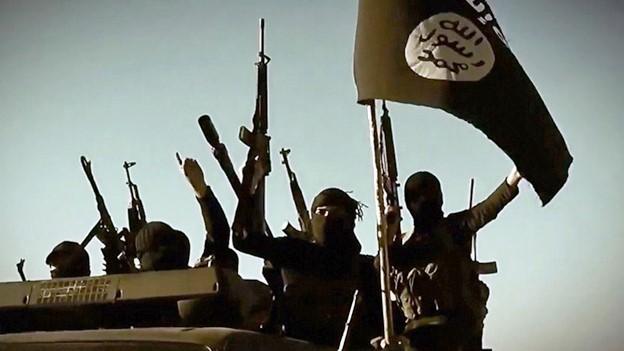'Ghosts of Birmingham pub bombings must be laid to rest'
- Published
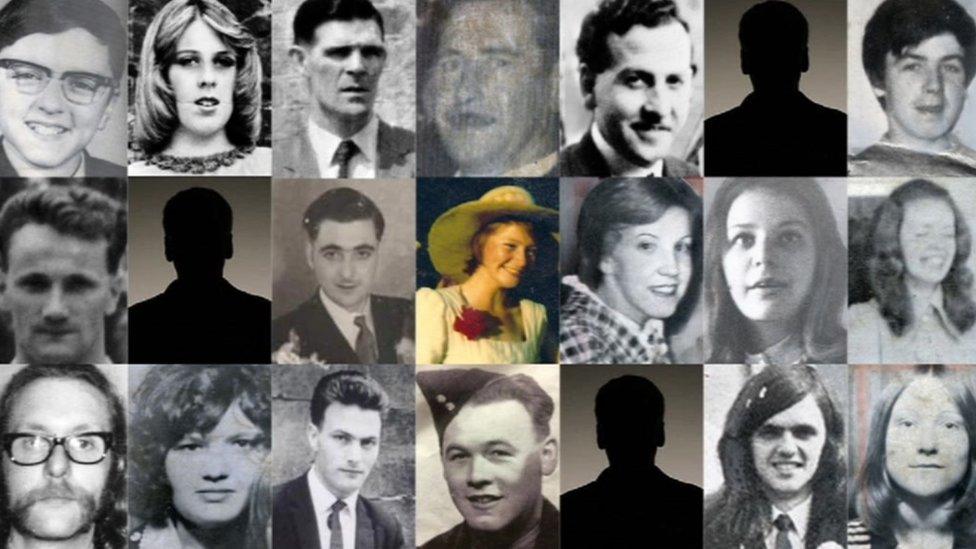
Twenty-one people were killed in the Birmingham pub bombings. Photographs of three of the victims have never been released
Peter Taylor has been covering Northern Ireland for 40 years, with his reporting on The Troubles earning him a series of awards. The author of three books on the conflict, he looks back at events surrounding the Birmingham pub bombings in 1974 and what the reopened inquests could mean for the families of those killed and injured.
The Birmingham bombs did not come out of nowhere.
It is important to understand the political context and climate of the time in 1974.
There had just been a general election that saw Harold Wilson - whose policy on Ireland was to reunify the country by peaceful means - returned to power. This gave the IRA some encouragement a political deal to achieve their goal of "Brits Out" might be in the offing.
To further that seeming encouragement, throughout 1974 there had been secret back-channel talks between the British government and the IRA's ruling Army Council - brokered by the MI6 officer, Michael Oatley - via an intermediary who was trusted by both sides.
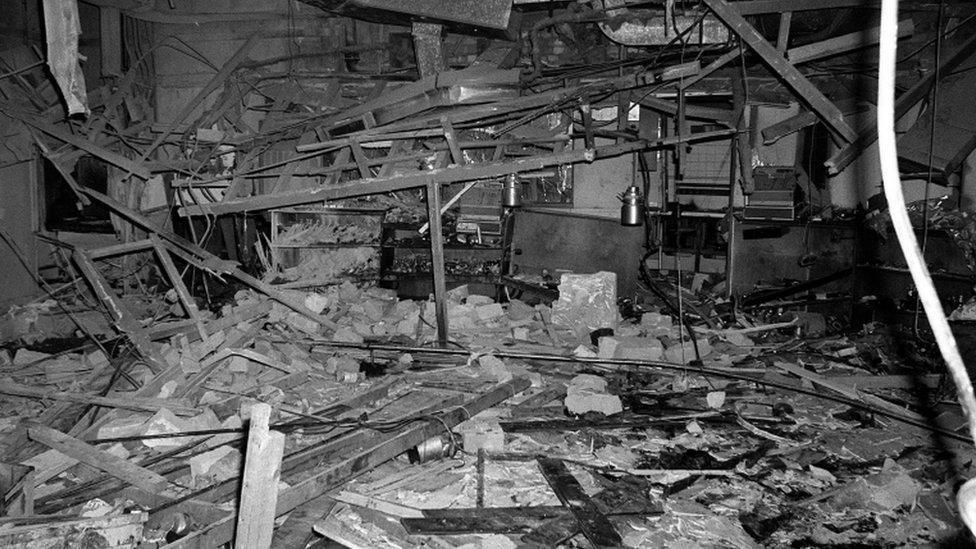
Ten people were killed inside the Mulberry Bush when a device exploded in a duffle bag
The IRA wanted to pile the military pressure on the Brits in the autumn of 1974 with a view, in their eyes, to negotiate from a position of strength. The IRA did the same nearly 20 years later in the lead up to the IRA ceasefire of 1994 and the subsequent Good Friday Agreement, in 1998.
In October 1974, as part of that pressure, the IRA bombed a pub in Guildford used by the army, killing four soldiers. Birmingham would seem to fit the same pattern - except The Mulberry Bush and Tavern in the Town pubs were not military targets.
By and large, with notable exceptions, the IRA did not deliberately go out to slaughter innocent civilians, unlike Al Qaeda and so-called Islamic State.
Who ordered it?
Birmingham seems to have been a locally-generated IRA attack, not authorised by the IRA's England Department in Dublin.
I was told many years ago that it was probably ordered by a local IRA commander as a revenge attack for the way he believed the city had gloated over the death of an IRA man, James McDaid, who had blown himself up with his own bomb a week before the attacks on the Birmingham pubs.
I remember interviewing Billy McKee, who had just been released from jail and was the commander of the IRA's Belfast Brigade, in the autumn of 1974 and a member of the IRA's ruling Army Council.
He told me he knew nothing about the attacks which were carried out by a local IRA unit that was not authorised at the highest level of the organisation. McKee said he had only heard a month later that the IRA was responsible.
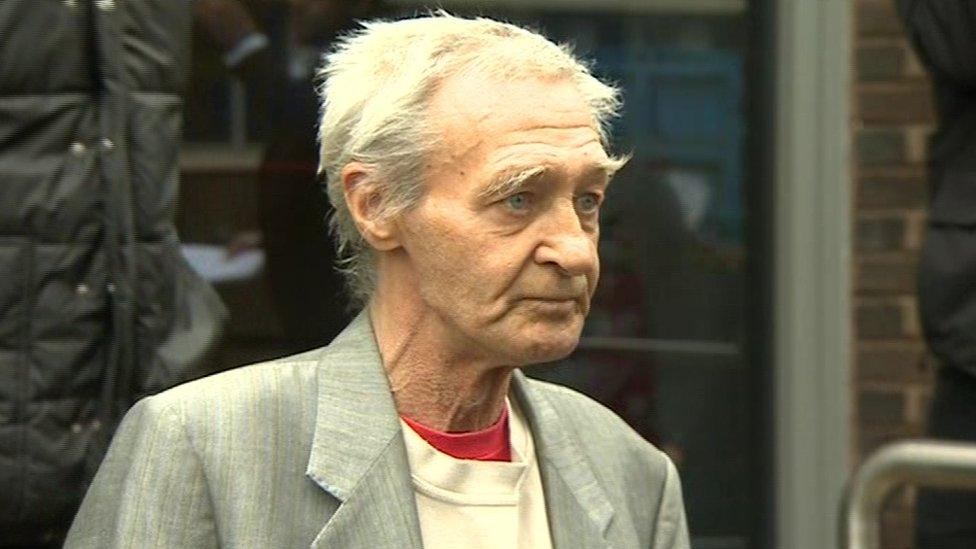
Paddy Hill was among six men wrongly convicted over the bombings
McKee said: "I never approved of civilian loss of life.
"I don't mind our own people and the 'Brits' [the security forces] going down, but I didn't agree with ordinary civilian people losing their lives."
Although some people appear to know the identities of the surviving bombers, it is unlikely they will be charged as the evidence to bring a prosecution probably does not exist more than 40 years on.
What is likely to come out of the new inquest is the extent to which West Midlands Police may have received warnings - possibly from sources within the local IRA - and failed to act.
Whether this will be enough to satisfy the families, remains to be be seen.
The ghosts of Birmingham still have to be laid to rest.
- Published1 June 2016
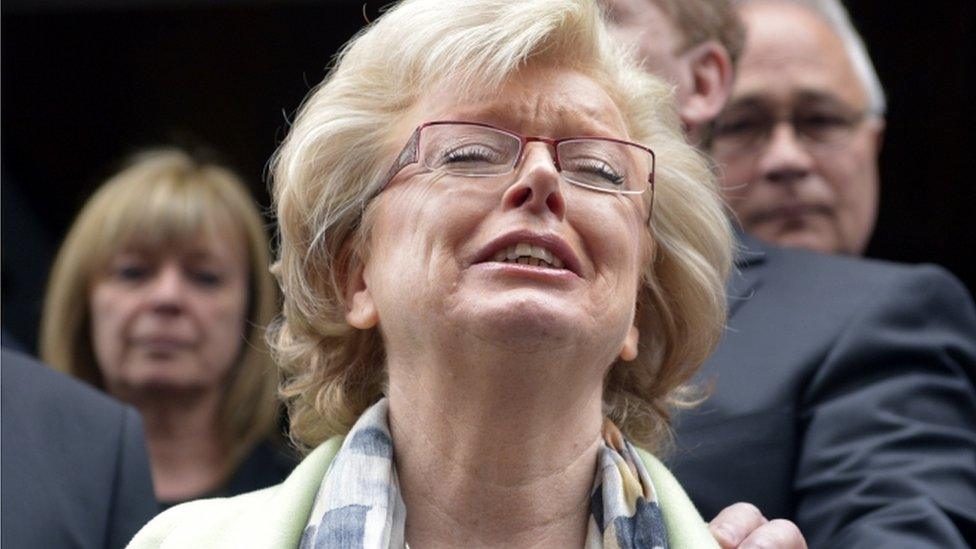
- Published10 July 2017
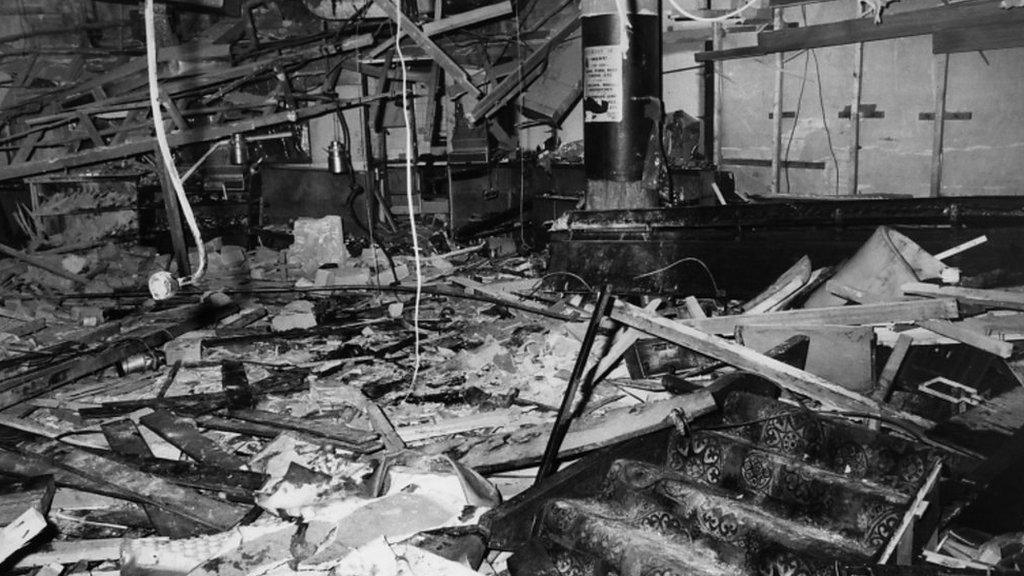
- Published22 April 2015
